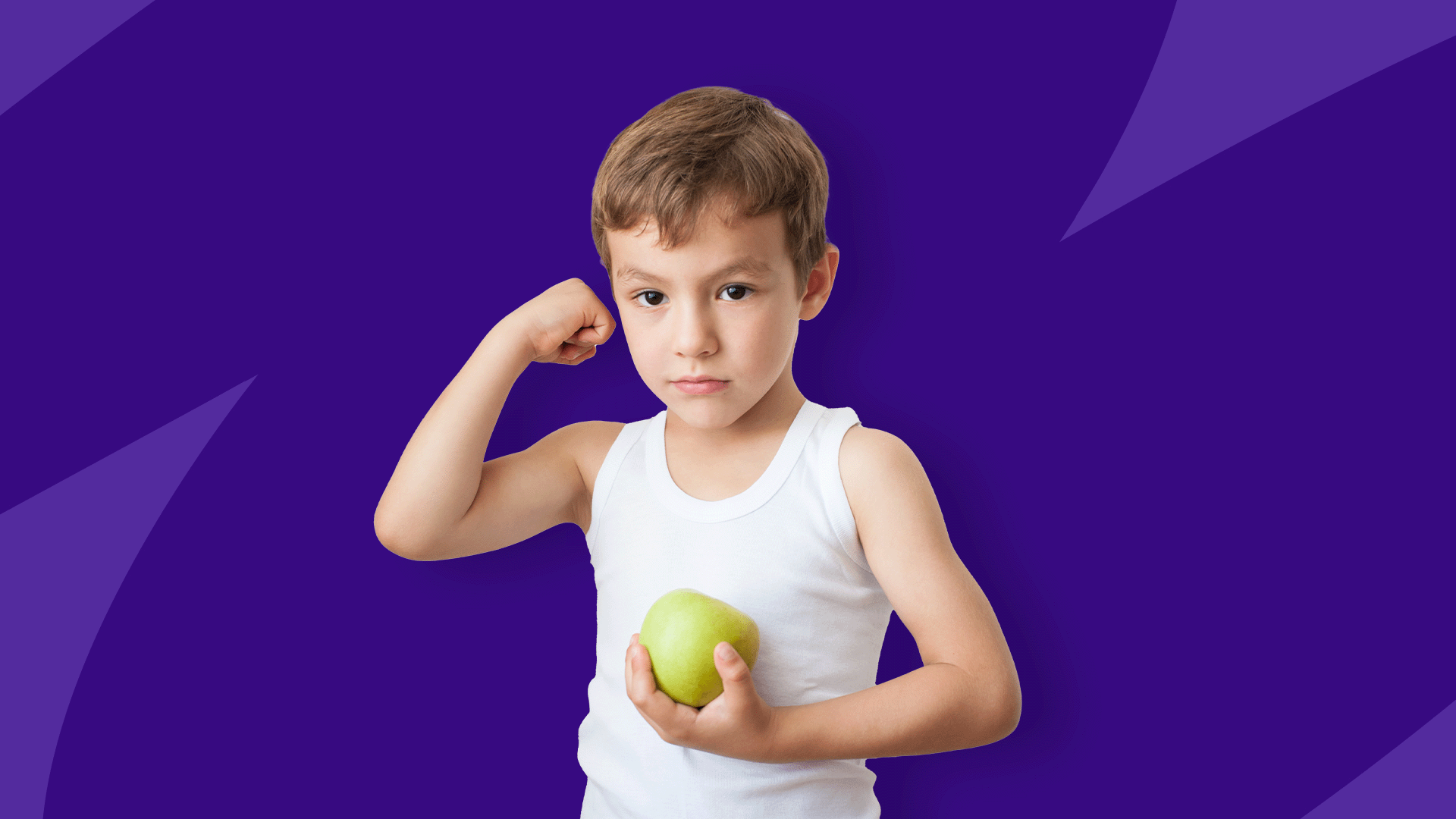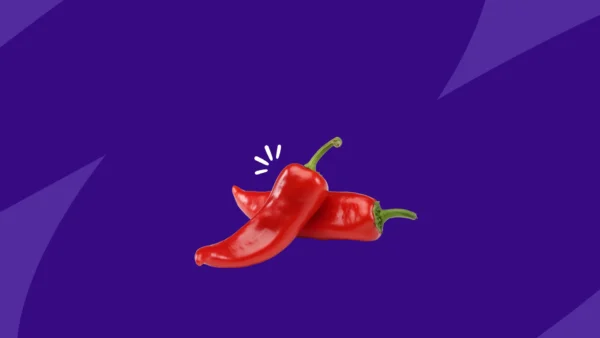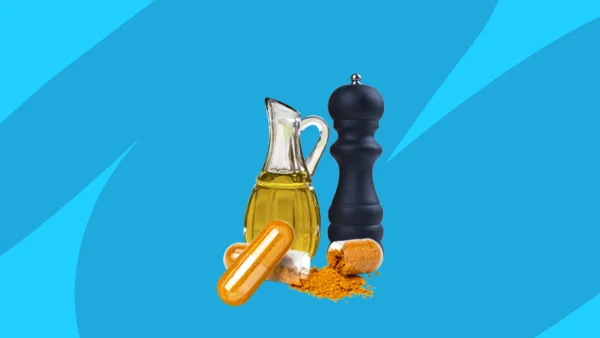Muscles are built at the gym—and in the kitchen. Muscle-building is two parts: adding on lean muscle mass and increasing muscle size. That’s accomplished by regular strength training and by your diet. If you’re unsure what the best muscle-building foods are or how to eat for muscle recovery, don’t stress. Just keep reading.
What’s the best muscle-building diet?
There are so many meal plans to choose from these days, but as for the best diet for muscle building, they’re not all equal. The Mediterranean diet gets high marks because it’s balanced and focused on whole foods.
“A Mediterranean diet is good for building muscle, aka ‘lean body mass,’ because it’s primarily plant-based,” says Dana Ellis Hunnes Ph.D., registered dietitian, and author of Recipe for Survival. “That makes it an anti-inflammatory diet, which is good for muscle growth. Its high levels of healthy whole carbohydrates also help feed the muscles their preferred fuel: glucose.” The Mediterranean diet also incorporates lean protein sources such as seafood and poultry.
Often, a diet for building muscle focuses on animal sources of protein. And while it can sometimes be easier to hit protein targets with meat sources, plant-based diets that prioritize high-protein foods can be effective as well; this includes vegetarian and vegan diets. There is no major difference between animal and plant protein in absolute lean mass.
However, you should avoid fad diets like keto, paleo, or Atkins, which heavily restrict carbohydrates in favor of fats and protein (often from red meat). Hunnes—along with many dietitians—isn’t a fan.
“I strongly discourage keto and paleo diets because they tend to focus on proteins at the expense of calories and are not well balanced,” Hunnes says. “Our muscles and brains thrive on carbohydrates that are healthy and anti-inflammatory. A keto diet is designed for individuals who need it for therapeutic reasons (seizures), not for the average person.”
8 best foods for muscle gain
Protein gets a lot of attention when you’re thinking of building muscle mass. Because muscles are made of protein, getting enough of the nutrient is important.
But, how much protein should you be getting a day? The recommended dietary allowance suggests a minimum of 0.8 grams of protein per kilogram of body weight (or 0.8 grams per 2.2 pounds of body weight). For an adult weighing 135 pounds, that’s only about 49 grams of protein a day. To maximize muscle, the recommendation is 1.6-2.2 grams of protein per kilo a day. If you weigh 135 pounds, that’s between about 97 to 134 grams daily.
Protein is a critical part of a muscle-building diet, but it’s not all that should be considered. “To build muscle, most people believe we need protein and only protein, but this is erroneous,” Hunnes says. “We need a little bit of protein—and can get more than enough from plant-based foods—and quite a bit of healthy carbohydrates.” Fats are also important because they’re a primary fuel source for the body. Eating enough fats helps with satiety, helping you feel fuller and more energized for longer. With that in mind, add these foods to your grocery list.
1. Lean meats
Skinless poultry, like turkey breast and chicken breast, is relatively low in fat but high in protein. They’re also rich in leucine, an amino acid that drives muscle protein synthesis, says Lauren Papanos, MS, registered dietitian nutritionist.
2. Seafood
Foods from the sea, like wild salmon, tuna, and shrimp, are all high in protein per serving size. The fattier fishes also are rich in omega-3 fatty acids, which may help with muscle health and growth.
3. Healthy carbohydrates
Any muscle-building diet plan needs to include healthy sources of carbohydrates. When combined with protein, carbs could help fuel muscle growth. “Carbohydrates feed the mitochondria in the cells, which are the real powerhouses in terms of muscle growth,” says Hunnes. Instead of simple carbs, like pasta and white bread, focus on complex carbohydrates such as fruits, vegetables (including root veggies like sweet potatoes), and whole grains (think brown rice and oatmeal). Because oatmeal is made of slow-release carbohydrates, it’s a great option to fuel workouts and help you gain muscle.
RELATED: What are carbs?
4. Legumes
Beans and legumes are great sources of protein, especially for those abstaining from animal products. Foods like lima beans, lentils, chickpeas, and edamame are also high in protein, packing a lot of nutritional bang for their buck.
5. Nuts and seeds
A great addition to a muscle-building diet, nuts and seeds are full of healthy fats, which can aid in boosting muscle mass. Fats are an important part of a balanced diet, and getting them from sources like nuts and seeds, rather than processed foods, is better for you. Nuts and seeds are also often high-calorie snacks, which can be a bonus if you’re trying to increase your caloric intake for muscle growth. If you don’t want a handful of nuts, try a spoonful of peanut butter to reap the same health benefits.
6. Plant-based proteins
Foods like tempeh, quinoa, and tofu are good protein sources that don’t include meat. In fact, tofu has all nine of the essential amino acids, making it a complete protein source. Studies have shown that when it comes to protein, the source—animal vs plant—doesn’t matter as much in muscle building as how much of the nutrient is being consumed.
7. Eggs
Whole eggs offer a nice mix of protein and fats, both important for muscle building. They’re also the only food that contain all the essential and non-essential amino acids your body needs. They can also help make a dent in your daily protein goals early in the day, with each medium egg coming in at about 5 grams of protein. If you’d like to bulk up the protein even more, you could add pasteurized egg whites to your full eggs. Contrary to popular belief, you don’t need to drink them raw, like Sylvester Stallone. You actually absorb more protein when they are cooked, without the risk of salmonella.
8. Greek yogurt
There’s some evidence from animal studies that the combination of whey and casein—the proteins found in dairy products—can improve muscle protein synthesis. Greek yogurt is known for its high protein content. However, other low-fat dairy products can be good sources of these as well, such as cottage cheese or reduced-fat milk.
3 muscle recovery foods
After tough bodybuilding sessions, you’ll want foods that nourish muscle growth and will aid in recovery. Many of the same foods that you eat to build muscle will also aid in post-workout recovery, so you’ll want to chow down on your favorite carbs and protein, but you’ll also want to add these to your shopping cart.
1. Anti-inflammatory foods
Foods like leafy greens, berries, cold-pressed olive oil, green tea, and sardines are all anti-inflammatory foods and are terrific at helping muscles recover, “because inflammation slows down muscle recovery and can further increase DOMS (delayed-onset muscle soreness),” says Hunnes.
Be sure to eat these foods after weight training, not before, says Papanos. “Foods rich in antioxidants and anti-inflammatories around training can inhibit the adaptations from training,” she explains. “However, when consumed several hours outside of the training window (ideally less than two hours), these foods can help facilitate recovery.”
2. Potassium-rich foods
There’s a reason why bananas are always given out at the end of races. They’re rich in potassium, a mineral that helps your muscle tissue recover. Other good sources of potassium include potatoes, carrots, and broccoli.
3. Salmon
This fish is a power-hitter because it’s high in protein as well as omega-3s. One 100-gram serving of wild salmon weighs in at 142 calories and nearly 20 grams of protein. These fatty acids can help to increase muscle protein synthesis and reduce inflammation in the body. Salmon is also high in potassium, so it really provides bang for the buck.
4 foods to avoid when building muscle
So, what foods should you avoid if you’re trying to build muscle?
1. Highly processed foods
If you’re going for muscle gains, it’s best to avoid or seriously limit highly processed foods, which include things like sugary candies, sodas, sweets, processed baked goods (think Pop-Tarts). “They are inflammatory and can stress out your insulin response and increase cortisol (stress hormone) production,” says Hunnes. They can also inflate your daily calorie intake without adding valuable nutrients.
2. Fried foods
Adios, French fries. It’s best to avoid refined oils and fried foods. “These are high in omega-6 fatty acids, which can be pro-inflammatory,” says Papanos. They’re also low in nutritional value and protein—and can make you gain weight. Menu descriptors can help you avoid these: fried, refried, loaded, covered, breaded, crispy, and smothered usually indicate something deep fried or inflammatory, which should be avoided.
3. Processed meats
Meat is great for growing muscles, but steer clear of processed meats, like bacon, hot dogs, and bologna. These are also inflammatory foods, and “inflammation in the body competes with muscle growth,” Hunnes explains. Swap these for better-for-you meat options like chicken breast or lean beef.
4. Alcohol
Serious about building muscle? It’s time to cut back or eliminate booze. Alcohol quickly adds up in extra calories that offer no nutritional value, which can lead to increased body fat. It’s also been proven to impact protein synthesis, which is what helps build muscle. The morning-after effects of alcohol also mean that you might not make it to the gym or push yourself as hard—and even if you do, your muscles aren’t getting the chance to properly recover, an important part of building muscle.
RELATED: Should you have alcohol after a workout?
Does fasting help with muscle gain?
Intermittent fasting has become a popular eating plan. When muscle building is the goal, it’s not a good idea. Fasting is not recommended because it often results in a caloric deficit and weight loss. Muscle growth requires a caloric surplus.
“It’s definitely not recommended when trying to build muscle mass because, without enough calories in the body to support daily functions and muscle growth, we will simply lose weight, including muscle,” says Hunnes. “So, first and foremost, when trying to build muscle, a sufficient amount of calories is important.”
Other important factors for building muscles
There are a few other things you can do when you’re looking to build muscle. Getting enough protein throughout the day is important. Too often, people neglect their protein intake in the morning, leaving them with a whole lot of protein to consume at dinnertime. Spacing your intake out at mealtimes can make it easier.
Supplements
You may want to take a fitness supplement to aid your workouts or up your protein as well. A high-quality whey protein is a great option but can induce side effects; the most common is gastrointestinal issues. A common way to have whey protein powder is to mix it into a protein shake or smoothie.
Pre-workout supplements have become popular as well, but the jury is still out on how effective they are. One interesting randomized, double-blind study looked at the effects of pre-workout supplements with MPP, a multi-ingredient pre-exercise workout supplement blend made up of creatine, betaine and a dendrobium extract. The researchers discovered that taking the pre-workout supplement led to higher self-reported levels of energy and concentration.
However, after six weeks, supplementing didn’t lead to changes in body composition or exercise performance. The study’s authors acknowledged that while it didn’t lead to physical changes, supplementing before workouts could lead to self-motivation, which could help individuals stick to an exercise routine, which could, in turn, lead to better results at the gym. Generally, the consensus is that these dietary supplements are safe, so if you feel like they help your training and your healthcare provider agrees, go for it!
Medications
There are some drugs that can result in muscle weakness or loss. These include statins, which are used to lower cholesterol; Zidovudine, an antiviral used to treat HIV; and corticosteroids, also known as steroids, which are anti-inflammatory medications prescribed for conditions like asthma, multiple sclerosis, and atopic eczema. If you’re concerned about muscle loss as a result of your medication, be sure to speak with your healthcare provider about side effects.











